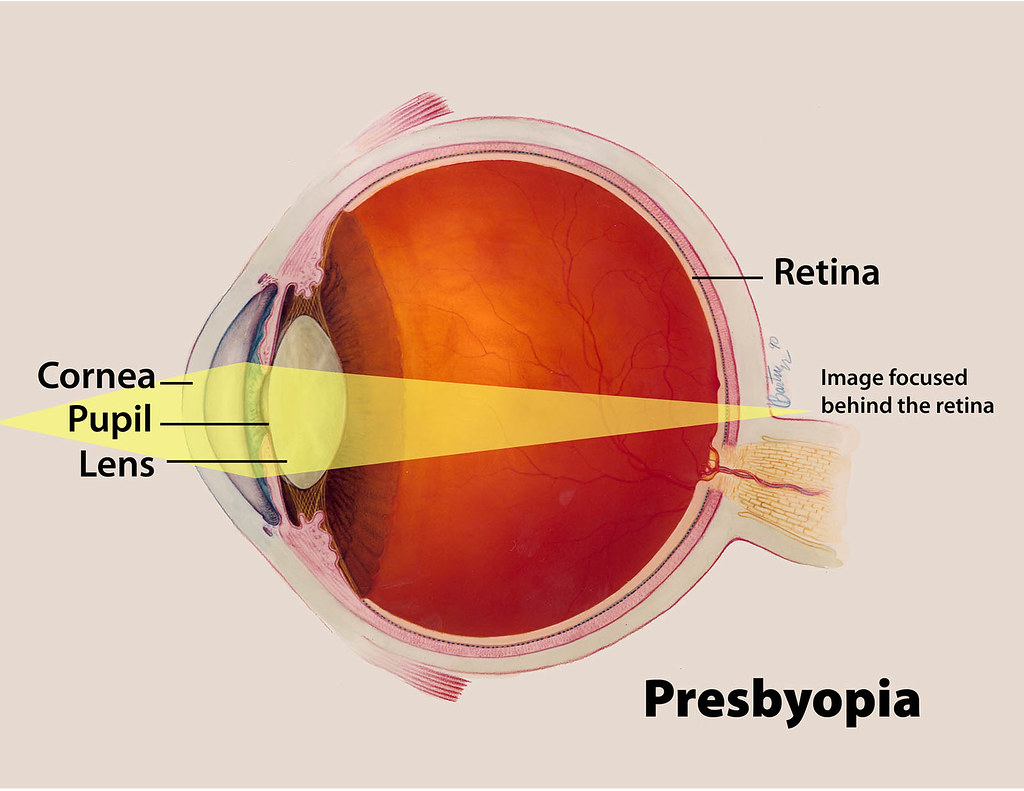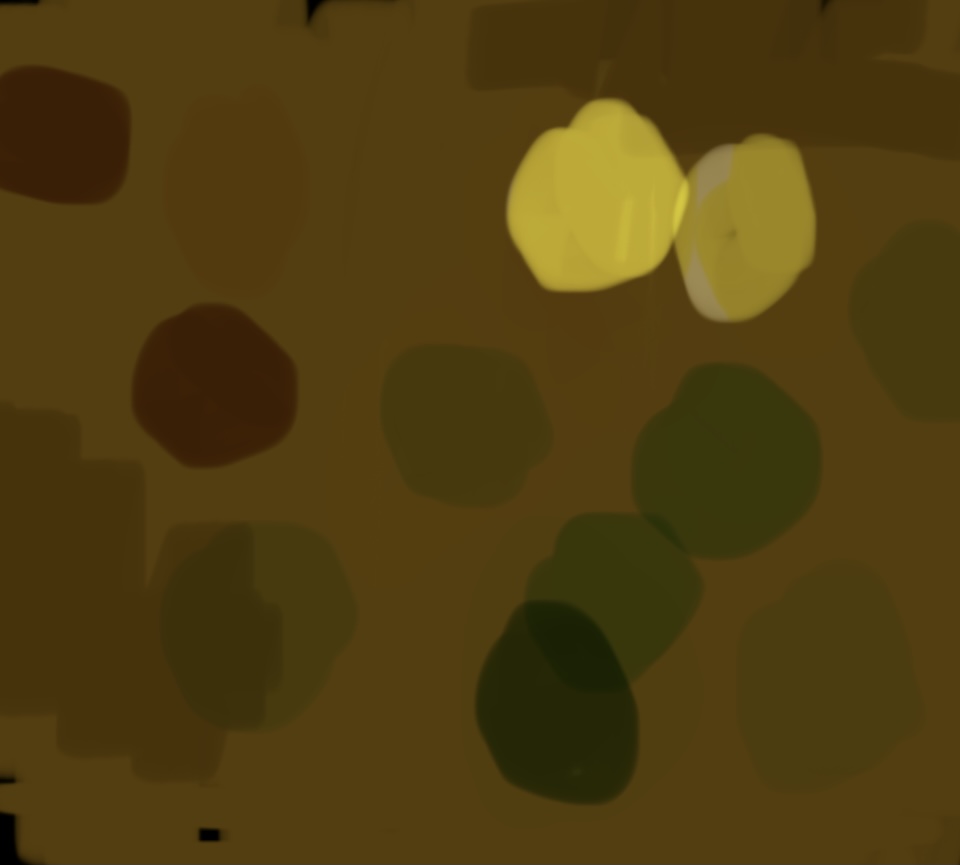It is difficult to imagine how disabled people live without actually losing some body functions. A few years ago, I have seen a movie that left a deep impression on me as a child. The movie was about a blind Chinese national security officer in WW2 who used his talent in monitoring telegraphs to save millions of lives. The fundamental idea behind the movie was the main character’s auditory systems were strengthened due to his disability of blindness. This movie inspired me to learn more about blindness and to try to imagine what their daily life would be. Therefore, I came up with this question of “does a blind person view the world in complete darkness?” To imagine the world of people with disabilities.

There are several different types of blindness, low vision, total blindness, and congenital blindness. According to American Foundation for the Blind, low vision is defined as “permanently reduced vision that cannot be corrected with regular glasses, contact lenses, medicine or surgery.” From the definition, the inference is that some blind people can still see colors only with low vision. While only around 18 percent of patients with significant visual impairment are totally blind, most of them are defined as low vision whom still can perceive light. Consequently, although they cannot tell the difference between shapes or colors, they can still distinguish between light and dark. Therefore, also knowing that congenital blindness and total blindness are similar only with a difference that congenital blindness are inherited or caused by traumas before birth, yet total blindness are usually caused by traumas after birth. The more accurate question should be revised as “Does a total blind or congenital blind view the world in complete blindness?”
While total blindness and congenital blindness are often caused by the damage in the retina. Retina is a light-sensing tissue in the back of our eyeballs. Damage in the retina can cause individuals to fail to translate the image we see into electrical neural impulses to the brain to create visual perception. Thus, the failure would result in a complete vanity rather than simple darkness.

For instance, a BBC reporter, Damon Rose, completely lost his ability to receive light as a child. Oftentimes, people would ask him what does he miss the most after he lost his sight. His answer is surprising for the most; darkness is what he missed. Many people tries to experience “blindness” by closing their eyes. The darkness we experience isn’t actually the same as being totally blind. In the logic of biology, there are still a reflection of the colors through the iris to the retina when you close your eyes. Similar to when you closes the light in a room without any sunlight. Yet, for people that are totally blind, their perception of colors are damaged, therefore, the answer is actually, imaginations. In Rose’s case, he described what he sees as a shift of changing colors or “a kind of visual tinnitus”. Yellow dots changing to green dots and to other colors and this was the reason why he missed darkness since his body automatically fills this lost of sight with his previous experience of colors to remedy the fact that he lost his sight.
Citations
Davies J. What Do Blind People Actually See? – Facts So Romantic. Nautilus. 2014 Aug 13 [accessed 2021 Mar 6]. https://nautil.us/blog/what-do-blind-people-actually-see
Rose D. Do blind people really experience complete darkness? BBC News. 2015 Feb 25 [accessed 2021 Mar 6]. https://www.bbc.com/news/blogs-ouch-31487662
Ulloa JAL, Burn H, Beauregard AM. Causes of Blindness and Visual Impairment in Early Childhood at a Low Vision Service in Mexico City: A 15-year Review. Ophthalmic Epidemiology. 2021:1–8. doi:10.1080/09286586.2020.1869271
Hi Jiachen! I really enjoyed reading your blog. I found it very informative and interesting as you provided a substantial amount of detail describing the different types of blindnesses. You mention an interesting perspective about how the darkness we perceive when we close our eyes is not the same darkness visually impaired people perceive. The images you included allowed me to further understand and visualize the perspective of someone who has a different visual ability.
Great job Jiachen! It is great to see how your draft turned out so well! I really liked the picture you drew to illustrate the view of Damon Rose because it is a little hard to imagine what the view of a blind person looks like.